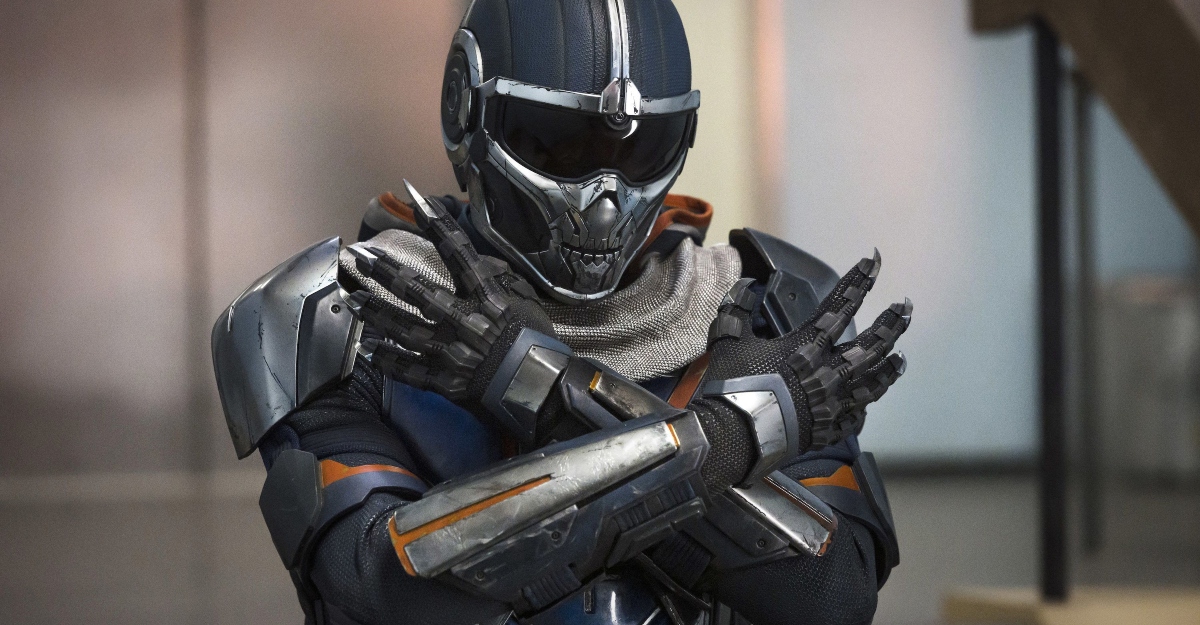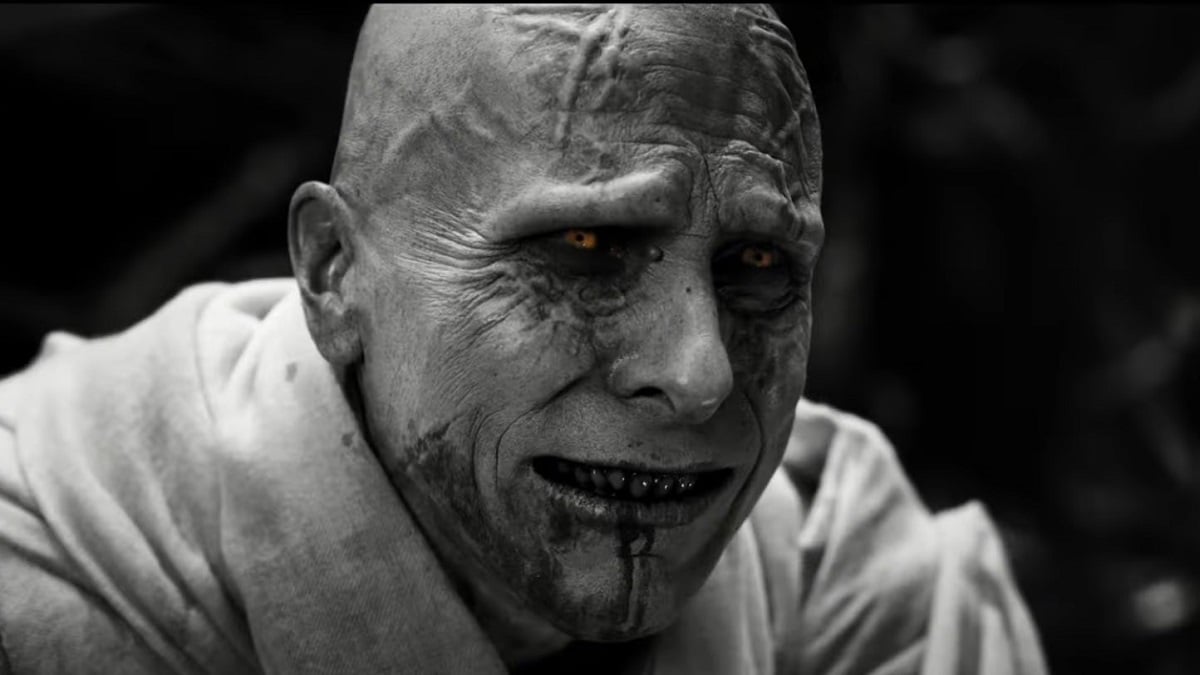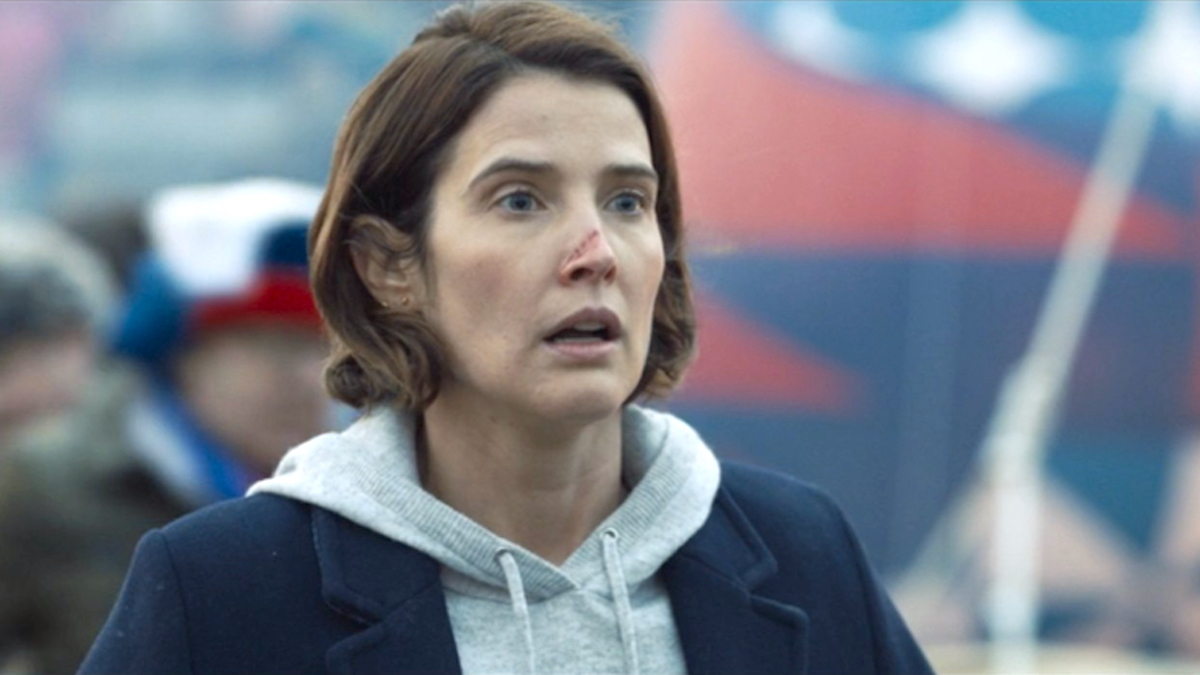Marvel has made some missteps before, but none so miscalculated as the ending of Secret Invasion’s first episode. Maria Hill’s (Cobie Smulders) death was a game-changer, though probably not the way that creatives behind the scenes intended. Killing off a female character to further the main male character’s plot is a device so antiquated that it feels largely out of place in a modern series. But not only that, it disrespected a beloved character that the MCU had barely even begun to explore.
In the comics, Maria isn’t a supportive sidekick to the morally gray Nick Fury (Samuel L. Jackson). She represents perspectives that often oppose Fury and even became the acting Director of SHIELD for a time. Killing her off unceremoniously was a red flag for the rest of the season, which culminated in the worst thing a Marvel Disney Plus series could be.
Unfortunately for the studio juggernaut, this event did not happen in a vacuum. Fan-favorite character Talos (Ben Mendelsohn) also becomes an unlikely casualty only for his daughter, G’iah (Emilia Clarke) to inexplicably absorb every power in the Marvel universe. Instead of focusing on character, Secret Invasion delves into big set pieces with little emotional payoff. This has been a trend for Marvel that fans have started to pay attention to. Maria and Talos aren’t the only ones with missed opportunities. Redditors have pointed out the biggest character disappointments in recent memory.
Who was that Taskmaster even for?

Fans on Reddit seemed to notice that, even in addition to the deaths of beloved characters, Secret Invasion introduced characters that never became relevant. Early on in the season, a Skrull looking for a home in new Skrullos meets G’iah. Though it seemed they were setting Beto (Samiel Adewunmi) up as a major character, he has little to do with the remaining plot. This is a recurring theme in Marvel films but to a more extreme degree. Remember Black Widow? Those who don’t miss out on the strange inclusion of a character that hardly resembled their character counterpart.
Marvel throwing Black Widow a bone came just a little too late. The legacy character only got a solo film after she died in Avengers: Endgame, making the film only significant for the delightful introduction of Yelena (Florence Pugh). The film also bungled a character who is far more interesting on the page than in live action. Also known as Tony Masters, Taskmaster has been a fascinating criminal in Marvel canon for many years. With a photographic memory allowing him to mimic others’ powers, he is recruited by SHIELD. After an experience with a super serum, he absorbs others’ powers, making him one of the most formidable combatants. Taskmaster in Black Widow fails in comparison to this. After a failed assassination attempt by Natasha (Scarlett Johansson) herself, Dreyvok (Ray Winstone) saves his daughter by connecting her to a super suit, which allows her to analyze fighting patterns. Due to her trauma, she rarely speaks and demonstrates little personality, outwardly.
Taskmaster (Olga Kurylenko) in Black Widow falls into the unfortunate MCU habit of relying on technology too heavily. Taskmaster’s use of a robot suit makes their inclusion much less compelling. It also takes away the downside and emotional resonance of Taskmaster. As the comic character absorbs new abilities, it takes the place of former memories of his life and makes him more tragic. The Black Widow character is Taskmaster in name only, making many wonder why they were included. If Marvel ever wants to see the real Taskmaster, they will have to do some retconning.
Gorr the God Butcher was toothless

Out of the many crimes of Thor: Love and Thunder, Gorr the God Butcher (Christian Bale) is a big one. Taika Waititi’s follow-up to the refreshing Thor: Ragnarok failed fan expectations spectacularly. Setting up one of Thor’s most iconic villains, the film breezes right by what made Gorr interesting and settled for a strangely passed and incomprehensible movie.
Gorr could have been a major villain of the MCU, comparable to the likes of Thanos (Josh Brolin) and Kang (Jonathan Majors). Just as powerful as them and no less motivated, Gorr’s inspiration and origin were wasted in the film. Born on a desolate planet with no name, Gorr endures countless bouts of suffering, leading him to believe that there are no gods. Of course, this isn’t true, and once he realizes this, he goes on an eternity-long quest to destroy all gods.
Though Thor: Love and Thunder follows his origins relatively close, as well as his wielding of the Necrosword, Gorr is ultimately not a very impressive villain. His main plan in the film is to steal all of Asgard’s children, and when it comes to a significant battle, he isn’t much to write home about. Thor (Chris Hemsworth) solves this by agreeing to raise Gorr’s dead daughter, which somehow makes him forget his millennia of suffering. Gorr isn’t treated with the respect his character deserves, wasting Bale’s considerable talent in the MCU multiverse. The committed actor did what he cold with the material, which unfortunately did not amount to much. What could have included a complicated subtext about feelings surrounding religion became a forgettable sequel.

